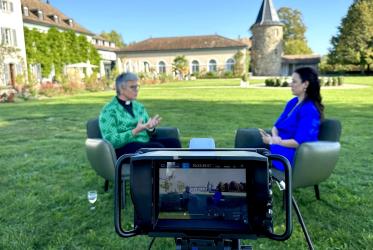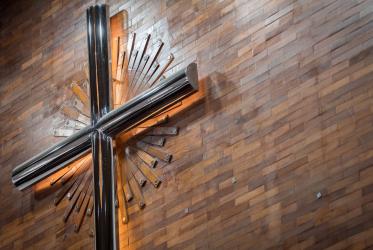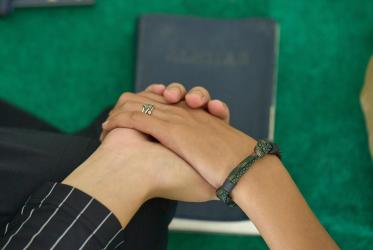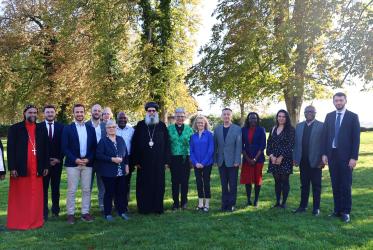Displaying 1 - 20 of 119
Churches in Africa agree on guidelines for disability inclusion
19 December 2023
WCC webinar explores decolonizing beauty
11 December 2023
Young Black Europeans: “common witness has an open ear”
30 November 2023
WCC institute encouraged rethinking theology
23 November 2023
Thirty days that changed the ecumenical movement
23 October 2023



















